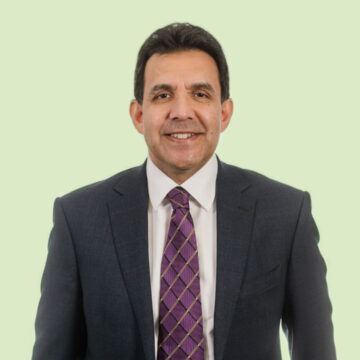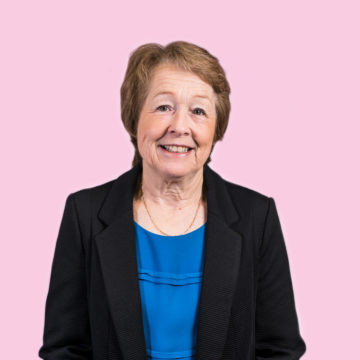An executor is responsible for looking after your money, property and other assets after your death and carrying out the wishes in your Will.
You can appoint relatives, friends or professionals (such as solicitors), or a mixture, up to a maximum of four. A beneficiary of your Will, such as your spouse, can act in this role and may be the only executor, if appropriate. At least one substitute executor should be included. If your estate is to be held in trust for young or vulnerable beneficiaries, it is good practice for there to be at least two executors who can act together.
Sadly arguments do happen. Contact us for advice if someone is questioning: The contents of the Will Whether the Will …
Read more Wills & ProbateThere are two choices: You can apply yourself to the local Probate Registry, who will send you the forms you …
Read more Wills & ProbateYes, an executor may be a beneficiary in your Will and it is often appropriate that the main beneficiary is …
Read more Wills & ProbateProbate is the process of proving that a Will is valid and confirming the Executor’s authority to administer the estate …
Read more Wills & ProbateNo. A Will should reflect your circumstances as they are now, not what they might be in the future. You …
Read more Wills & ProbateTo make a Will, you have to have capacity to understand what you own, what making a will actually means …
Read more Wills & ProbateWhat happens to property abroad when you die depends on the law of the country where it is located. In …
Read more Wills & ProbateYou can set aside money for her using a Discretionary trust, which will not affect her entitlement to state benefits.
Read moreOur highly skilled team of specialist solicitors have been established in the City of Wakefield for over 100 years.
















